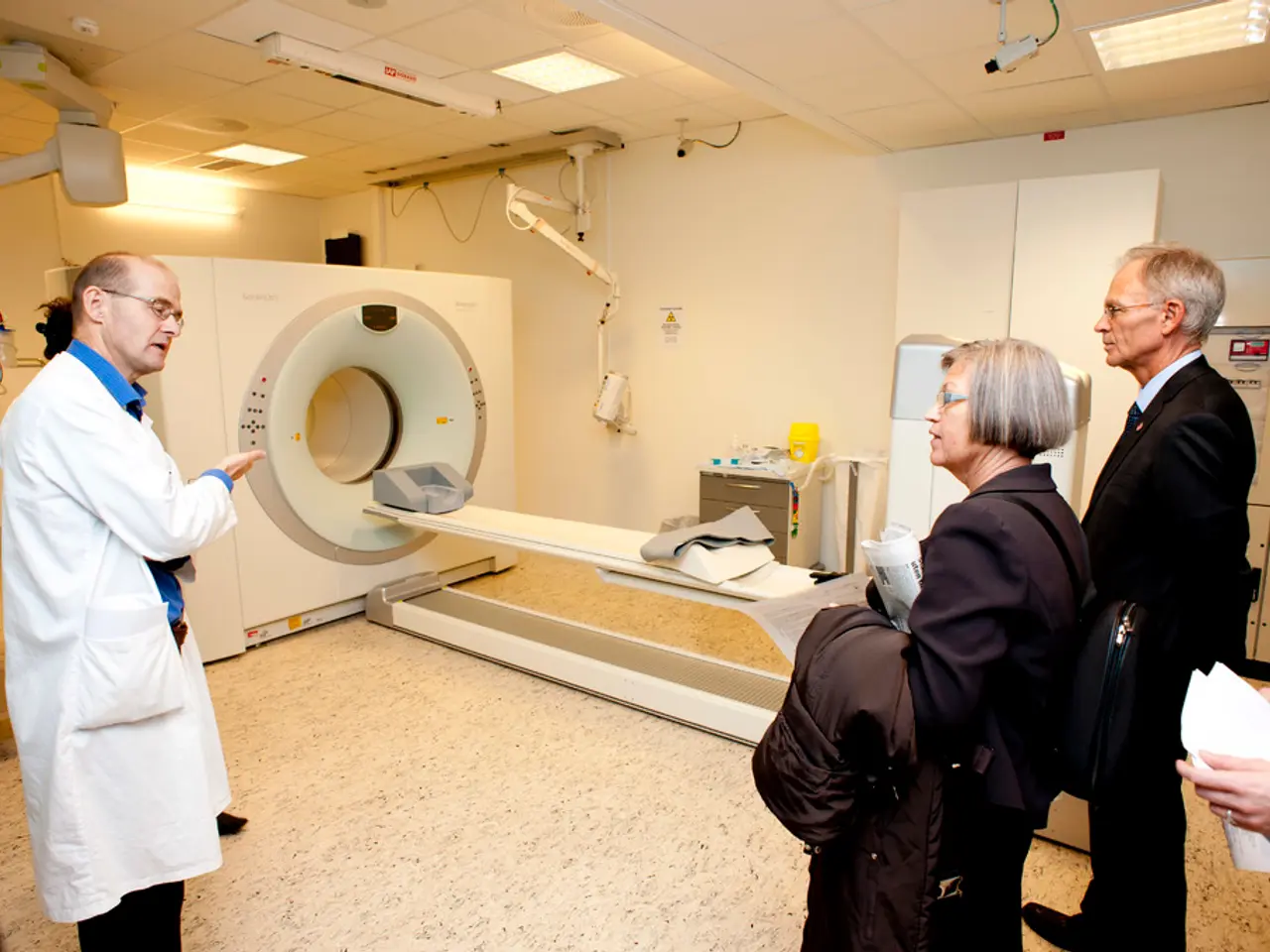Uncertainty Lies Ahead: Strategies to Empower Your Team for Adaptability
In the ever-evolving landscape of remote work, the need for adaptable teams has never been more crucial. In their article "The Future Is Uncertain. Here's How to Ensure Your Team Can Adapt," Keith Ferrazzi and Kian Gohar offer valuable insights on how to build such teams, particularly in the context of remote work during an epidemic.
First and foremost, building a strong network is essential. Encourage collaboration among team members, facilitated by digital tools that ensure everyone feels included. Fostering personal connections, whether through virtual social events, workshops, or simply dedicated time for sharing personal stories, can help strengthen bonds and boost morale.
Developing a culture of trust is another key component. Leaders should model the behaviour they expect from their team, demonstrating trust and reliability to inspire it in others. Empowering team members to make decisions not only builds trust but also encourages initiative and adaptability in the face of changing circumstances.
Continuous learning is vital in these uncertain times. Provide resources for training sessions, workshops, or webinars to enhance skills relevant to the current challenges. Regular feedback sessions help team members learn from each other and adapt to new strategies and technologies.
Fostering a growth mindset is crucial. Encourage team members to view challenges as opportunities for growth rather than threats. Acknowledge and celebrate instances of resilience and adaptability within the team to reinforce this mindset.
Monitoring and adjusting are also important. Regular check-ins help understand team dynamics and challenges, enabling the identification of areas for improvement and making necessary adjustments. Be willing to change processes or tools if they are not working effectively in the remote environment.
Prioritizing well-being is key. Ensure that team members have access to resources supporting mental health, and encourage a healthy work-life balance to reduce burnout and increase productivity.
Agile teams need clarity of the mission and adequate resources to make their work self-managing. The epidemic has led to a permanent change in the way work is done, and the best teams have radically adapted to make the best use of available technology.
Collaboration through inclusion is essential for building adaptable teams during the epidemic. Companies have started to use teams and their networks to crowdsource ideas on innovation and policies.
Radical adaptive response requires fundamental changes to how organizations manage the workforce and execute their goals. The epidemic has forced a social reset in the way commerce is viewed and conducted. Leaders of remote teams need to be more conscious and deliberate about check-ins and giving positive reinforcement.
Every organization should integrate foresight into their regular operations, preparing forecasts of likely threats and opportunities alongside monthly reviews and performance reports. Agile management principles have been used by many companies to identify solutions and launch new products.
In conclusion, by implementing these strategies, you can build a team that is resilient, adaptable, and well-equipped to handle the challenges of remote work during an epidemic. Remember, adaptability is key in uncertain times, and fostering a culture of openness, trust, and continuous learning will help your team thrive.
- To enhance adaptability in a remote work environment during an epidemic, foster collaboration among team members using digital tools that ensure everyone feels included.
- Encouraging a strong culture of trust involves leaders modeling the behavior they expect from their team, empowering team members to make decisions, and demonstrating trust and reliability.
- Continuous learning is essential in these uncertain times, so provide resources for training sessions, workshops, or webinars to enhance skills relevant to the current challenges and conduct regular feedback sessions.
- Prioritizing well-being is crucial, ensure team members have access to mental health resources and encourage a healthy work-life balance to reduce burnout and increase productivity.
- By implementing strategies that promote a growth mindset, openness, trust, and continuous learning, you can build a resilient, adaptable, and well-equipped team, ready to handle the challenges of remote work during an epidemic.




